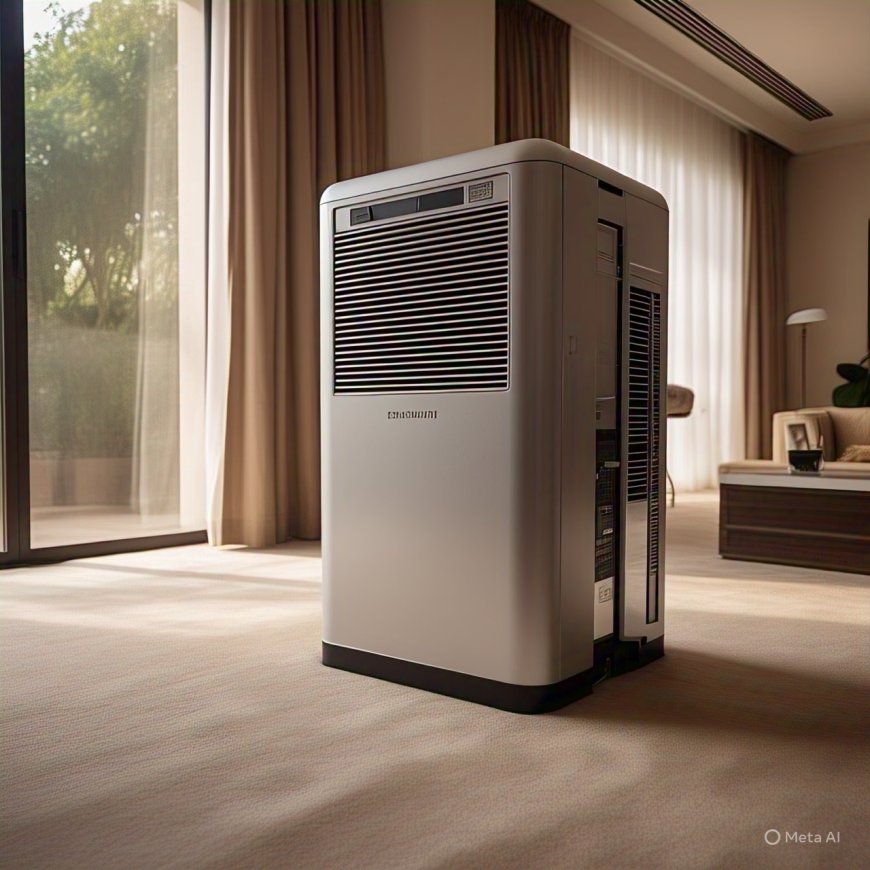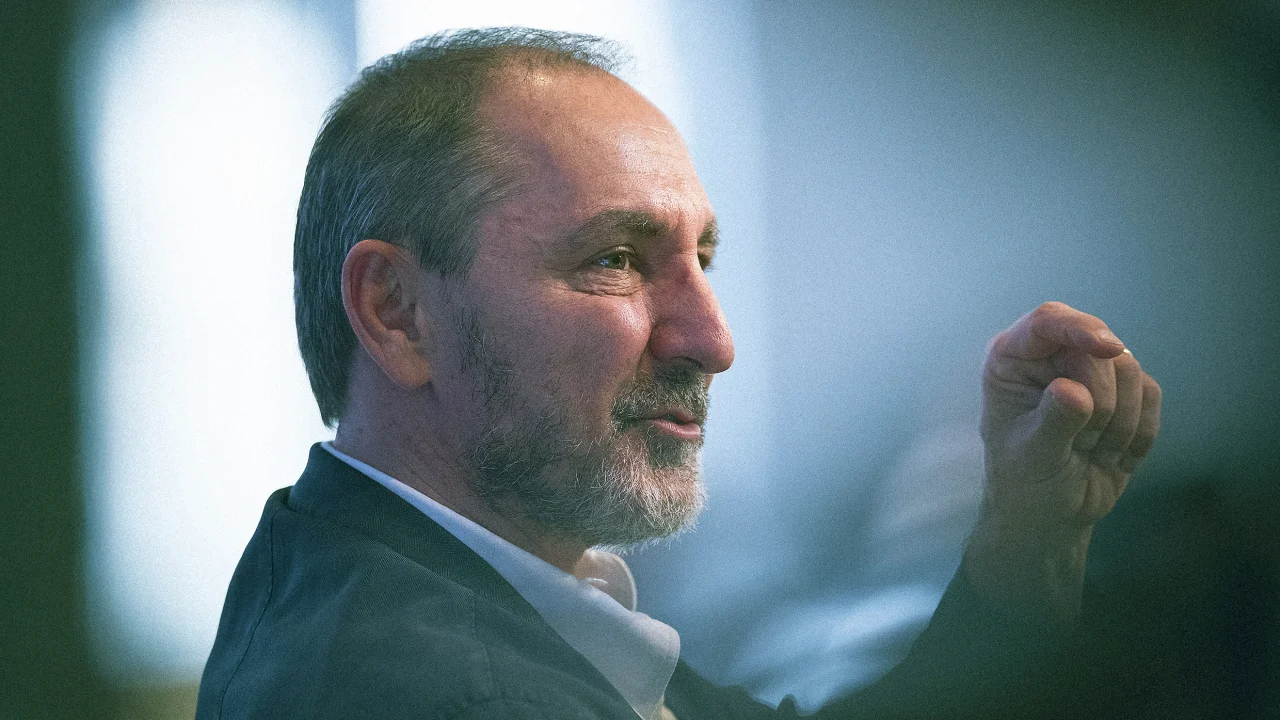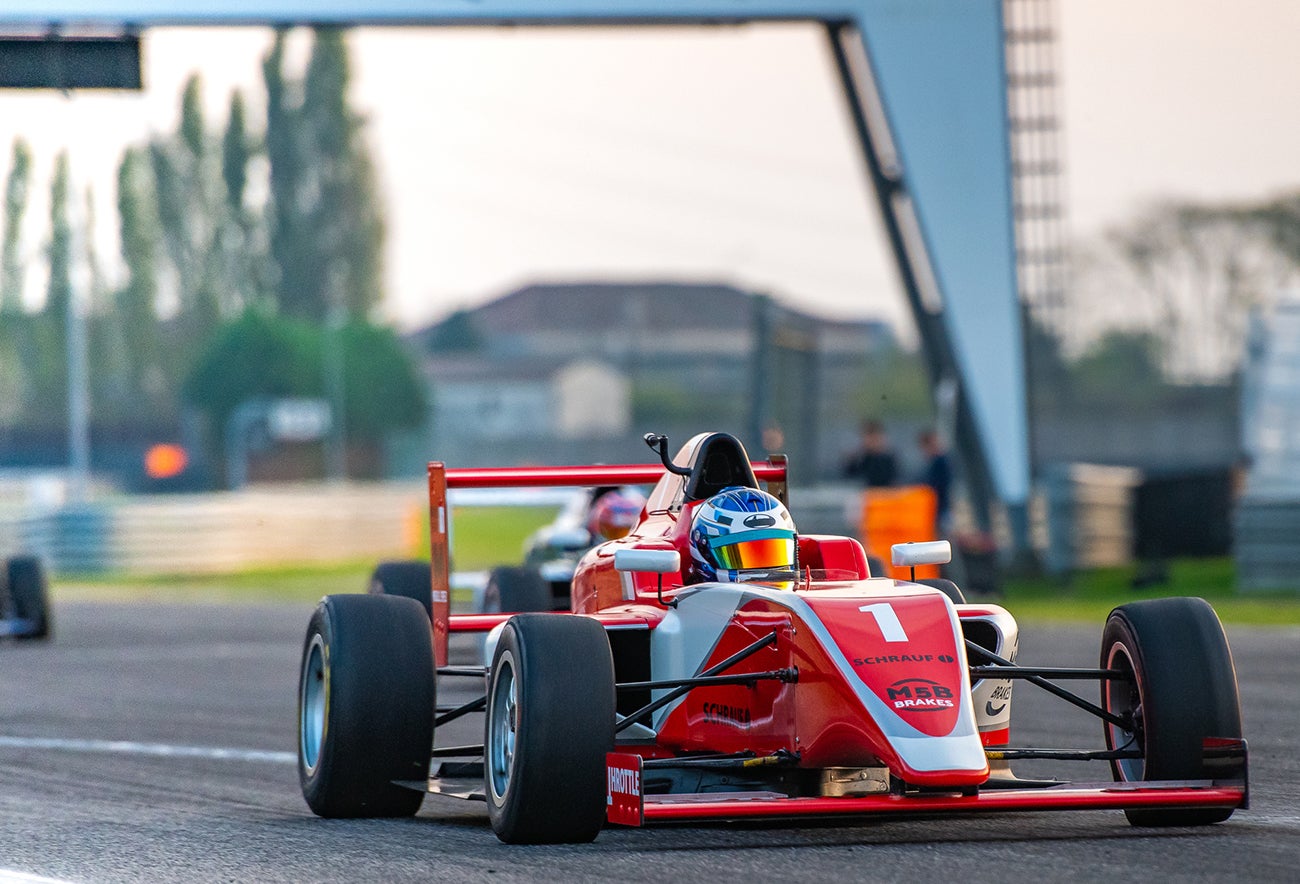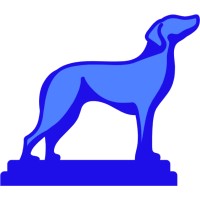Middle East Air Conditioner Market Report 2025–2033: Trends, Forecasts, and Competitive Analysis
The Middle East Air Conditioner Market is projected to grow from USD 5.78 billion in 2024 to USD 9.12 billion by 2033, expanding at a CAGR of 5.20% during 2025–2033.

Middle East Air Conditioner Market Forecast Report (2025–2033)
By Type (Window Type, Split Type, Precision Air Conditioning, Variable Refrigerant Flow (VRF)), End User (Residential, Commercial, Industrial), Countries (Saudi Arabia, United Arab Emirates, Oman, Qatar, Kuwait, Others), and Company Analysis
Market Overview
The Middle East Air Conditioner Market is projected to grow from USD 5.78 billion in 2024 to USD 9.12 billion by 2033, expanding at a CAGR of 5.20% during 2025–2033. This robust growth is primarily fueled by:
- The region’s harsh climate, where average summer temperatures exceed 40°C (104°F)
- Rapid urbanization and expansion of smart cities and modern infrastructure
- Rising disposable incomes and demand for enhanced indoor comfort
- Government-backed energy efficiency mandates and green building regulations
- Technological advances in smart HVAC systems and low-GWP refrigerants
The convergence of climate realities and economic transformation is making high-efficiency air conditioning systems not only a luxury but a necessity in the Middle East.
Market Drivers
1. Infrastructure Growth and Urbanization
The Middle East is witnessing unprecedented infrastructural development in metro cities such as Dubai, Riyadh, and Doha. With construction of luxury residential towers, office spaces, stadiums, and shopping malls, demand for modern air conditioning units has skyrocketed. These advanced urban spaces require not only powerful but also intelligent and sustainable cooling solutions.
2. Climate Change and Comfort Demand
The region's extreme heat and lengthy summers drive significant demand in both residential and commercial segments. Changing climate patterns and rising humidity levels further intensify the need for efficient cooling, especially in urban centers and industrial hubs.
3. Government Sustainability Initiatives
Government-led programs such as Saudi Vision 2030, Dubai Clean Energy Strategy 2050, and Qatar National Vision 2030 emphasize energy efficiency. Policies now mandate the use of eco-friendly refrigerants and inverter-based technologies. Dubai’s retrofitting program to convert 30,000 buildings by 2030, aiming to cut energy consumption by 30%, is a prominent example.
4. Technological Advancements in HVAC
The market is shifting towards Variable Refrigerant Flow (VRF) systems, smart ACs, and precision air conditioning to balance performance with sustainability. Consumers now expect mobile-controlled systems, AI-enabled climate control, and green certification in HVAC units.
Market Segmentation
By Type
- Window Type Air Conditioners: Still relevant in mid-income residential buildings for their affordability and ease of installation.
- Split Type Air Conditioners: Widely used due to design flexibility, energy efficiency, and quiet operation—especially in homes and small offices.
- Precision Air Conditioning: Essential in server rooms, data centers, and critical industrial environments requiring temperature stability.
- Variable Refrigerant Flow (VRF): Preferred in commercial and high-rise buildings for its zonal control, energy efficiency, and scalability.
By End User
- Residential: Dominant segment driven by urban housing growth and higher living standards.
- Commercial: Includes offices, hotels, malls, and educational institutions requiring robust and reliable cooling.
- Industrial: Includes manufacturing facilities, refineries, and logistics hubs needing specialized and durable systems.
Country-Level Analysis
United Arab Emirates (UAE)
The UAE is a front-runner in adopting smart, energy-efficient air conditioning systems. Rapid growth in real estate and tourism has made air conditioning a default feature in both luxury and affordable housing segments. Government-led sustainability programs are driving demand for green-certified HVAC systems.
- In 2023, Dubai alone consumed 56.52 TWh of electricity, with half attributed to commercial cooling needs.
- The government’s goal to cut energy use by 30% by 2030 is stimulating demand for retrofits and inverter systems.
Saudi Arabia
The largest regional market, Saudi Arabia is transforming its infrastructure under Vision 2030, with megaprojects such as NEOM and The Line requiring high-performance air conditioning. Environmental awareness is leading to the adoption of low-GWP refrigerants and smart cooling technologies.
- Ongoing urbanization and population growth will ensure continued demand across residential and commercial sectors.
Qatar
Driven by preparations for post-World Cup urbanization and increasing expatriate population, Qatar's market emphasizes energy efficiency and smart cooling. The country's green building code is accelerating adoption of inverter systems, particularly in Doha.
Kuwait, Oman, and Others
Smaller but rapidly developing markets, these countries are witnessing growing demand from commercial and industrial zones. The push toward energy conservation and urban modernization is helping these markets mature quickly.
Key Trends and Developments
- Smart Air Conditioners integrated with IoT for mobile-based control and optimization
- Green building certifications pushing for advanced AC systems
- Increasing demand for solar-powered HVAC systems in sustainable projects
- Integration of AI and machine learning for predictive maintenance and energy usage optimization
Top Companies Analyzed
Each company profile includes:
- Overview
- Recent Developments & Strategies
- Product Portfolio
- Financial Insights
Leading Market Participants
- Daikin Industries, LTD.
- Fujitsu General (Middle East) FZE
- Blue Star
- Samsung
- Lloyd
- Hisense
- Super General
These companies are competing on parameters such as energy efficiency, technology innovation, pricing, and after-sales service. Strategic partnerships with real estate developers and government contractors are playing a key role in market positioning.
New Publish Blogs :
Top Fast Food and Quick Service Restaurants (QSR) Companies in the United States
New Publish Report :
Conclusion & Outlook
The Middle East Air Conditioner Market is evolving rapidly, spurred by technological innovation, climate challenges, government policy, and urban growth. While residential comfort remains a core segment, commercial and industrial applications are poised for strong growth, especially with the integration of sustainable and intelligent HVAC solutions.
Between 2025 and 2033, the market will not only grow in value but will also transform in character, with a shift towards sustainable, connected, and user-centric solutions. Stakeholders—ranging from manufacturers to policy-makers—will need to collaborate to ensure this growth is economically viable and environmentally responsible.
About Renub Research
Renub Research is a leading market research and consulting company offering management consulting and in-depth industry analysis across various sectors. With a global perspective and a local understanding, Renub Research delivers insights that matter.
About the Company:
Renub Research is a Market Research and Consulting Company. We have more than 15 years of experience especially in international Business-to-Business Researches, Surveys and Consulting. We provide a wide range of business research solutions that helps companies in making better business decisions. We partner with clients in all sectors and regions to identify their highest-value opportunities, address their most critical challenges, and transform their businesses. Our wide clientele comprises major players in Healthcare, Travel and Tourism, Food Beverages, Power Energy, Information Technology, Telecom Internet, Chemical, Logistics Automotive, Consumer Goods Retail, Building, and Construction, Agriculture. Our core team is comprised of experienced people holding graduate, postgraduate, and Ph.D. degrees in Finance, Marketing, Human Resource, Bio-Technology, Medicine, Information Technology, Environmental Science, and many more.
Media Contact:
Company Name: Renub Research
Contact Person: Rajat Gupta, Marketing Manager
Phone No: +91-120-421-9822 (IND) | +1-478-202-3244 (USA)
Email: mailto:rajat@renub.com


























































































































































